Attend to Stories: How to Flourish in Ministry
The General Board of Higher Education and Ministry leads and serves The United Methodist Church in the recruitment, preparation, nurture, education, and support of Christian leaderslay and clergyfor the work of making disciples of Jesus Christ for the transformation of the world. The General Board of Higher Education and Ministry of The United Methodist Church serves as an advocate for the intellectual life of the church. The Boards mission embodies the Wesleyan tradition of commitment to the education of laypersons and ordained persons by providing access to higher education for all persons.
Wesleys Foundery Books is named for the abandoned foundery that early followers of John Wesley transformed into a church, which became the cradle of Londons Methodist movement.
Attend to Stories: How to Flourish in Ministry
Copyright 2018 by Wesleys Foundery Books
Wesleys Foundery Books is an imprint of the General Board of Higher Education and Ministry, The United Methodist Church. All rights reserved.
Scriptures marked NRSV are from New Revised Standard Version Bible, copyright 1989, National Council of the Churches of Christ in the United States of America. Used by permission. All rights reserved worldwide.
Scriptures marked NIV are taken from the Holy Bible, New International Version, NIV Copyright 1973, 1978, 1984, 2011 by Biblica, Inc. Used by permission of Zondervan. All rights reserved worldwide. www.zondervan.com . The NIV and New International Version are trademarks registered in the United States Patent and Trademark Office by Biblica, Inc.
Scriptures marked NLT are taken from the Holy Bible, New Living Translation, Copyright 1996, 2004, 2007, 2013, 2015, by Tyndale House Foundation. Used by permission of Tyndale House Publishers Inc., Carol Stream, Illinois 60188. All rights reserved.
Scriptures marked NKJV are taken from the New King James Version. Copyright 1982 by Thomas Nelson. Used by permission. All rights reserved.
No part of this book may be reproduced in any form whatsoever, print or electronic, without written permission, except in the case of brief quotations embodied in critical articles or reviews. For information regarding rights and permissions, contact the Publisher, General Board of Higher Education and Ministry, PO Box 340007, Nashville, TN 37203-0007; phone 615-340-7393; fax 615-340-7048. Visit our website at www.gbhem.org .
All web addresses were correct and operational at the time of publication.
ISBN 978-1-945935-14-5
18 19 20 21 22 23 24 25 26 2710 9 8 7 6 5 4 3 2 1
Manufactured in the United States of America
Contents
Preface
The ideas developed in this book emerged from a series of lectures I gave to the Georgia Pastors School in the summer of 2016 on clergy self-care. At the time of the lecture, I had unease about the term self-care, and still do today. While I believe the intent of clergy self-care is to improve the flourishing of clergy, discussions of self-care have often been focused on describing the symptoms of ill health among clergy in order to improve physical health. I also worry that the term self-care places success or failure of self-care on no one other than myself. Fortunately, the discussions about clergy health and self-care are being increasingly replaced by a more holistic focus on clergy well-being and flourishing.
This book is a contribution to the emerging literature on clergy flourishing. In the first three chapters, I examine how our personal stories, including our stories of pastoral identity, can thwart or foster our flourishing in ministry. I propose a practice of story care through which we attend to our stories and revise them as needed to move toward greater well-being. The fourth chapter provides an outline of my understanding of a Christian vision of flourishing. The fifth chapter examines spiritual practices that can contribute to our flourishing, offering a creative adaptation of John Wesleys General Rules, which were developed to assist in the spiritual formation of those in the early Methodist movement. The final chapter considers how writing can be a spiritual practice fostering closer attention to our stories as they develop, allowing us to revise those that undermine our well-being.
Many people contributed to my thinking in the process of bringing this book into being, and I am deeply appreciative of their contributions. Rev. Millie Kim and the directors of the Georgia Pastors School issued the invitation to think about clergy flourishing. Several research assistants provided assistance along the way: Jemiriye Fakunle, Abby Norman, and Lacey Hudspeth. Several current and former colleagues contributed ideas and comments on the text that enriched my thinking: E. Brooks Holifield, Roberta Bondi, Jonathan Strom, Tom Elliott, Ellen Shepard, and Bishop Larry Goodpaster. Ulrike Guthrie provided invaluable assistance as a developmental editor, and I am indebted to Dean Jan Love for making this assistance possible. Carmen Toussaint and those who have made Rivendell Writers Colony possible provided the quiet space needed to finish this book. Kathy Armistead, publisher of Wesleys Foundery Books, saw the potential value in the book and is responsible for bringing it to you, and for that I am most grateful.
Story Care
Attending to Stories of Personal and Pastoral Identity

Most of us enter ministry in response to some sense of calling. We may feel called to serve God through caring for others, to a particular ministry of the local church, or more broadly to a life lived with careful attention to the movement of the Spirit. For some, an experience of call can be similar to their first conscious decision to dedicate their life to Christa distinctive event in which they recall with clarity the exact day, and perhaps even the hour and location. For others, a sense of call emerges gradually over time, an extension of their baptismal covenant that may be perceived first by family members, church members, and mentors who point out gifts and graces suited to ordained ministry. Call stories may lead us into various forms of ministry, ordained or not, sometimes in the church and sometimes beyond it. As diverse as call stories can be, they share a common conviction that the call to ministry is from God.
If your call leads you into ordained ministry, one thing becomes clear as you pursue official steps in the ordination process: to convince others that you are called to ministry youd better have a good story. Candidates for ministry soon learn what counts as a good or acceptable call story and what does not. Once articulated, these call stories are often repeated for seminary admissions teams, congregational committees, ordination committees, and denominational officials. I suspect that once a candidate is ordained, these stories continue to serve as the foundation of ones expectations about the practice of ministry. And indeed, stories that once served an important function in setting a vocational path may continue to serve a person well, particularly if examined and revised amid an unfolding ministry. However, at times our call stories support assumptions about the nature of ministry and expectations of our role that undermine our wellbeing, as well as the faithfulness of both ourselves and those we serve. It is those storiesand how we can revise or restory them to remain true and helpfulthat particularly interest me here.

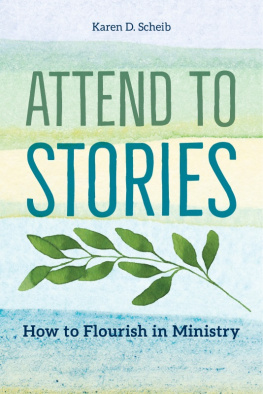
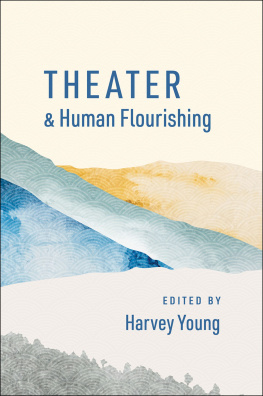
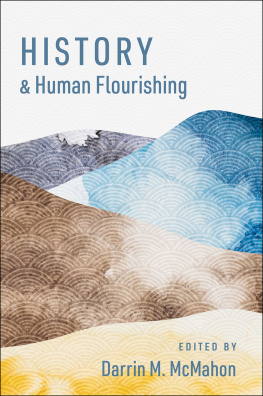
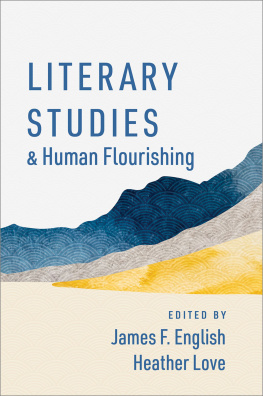
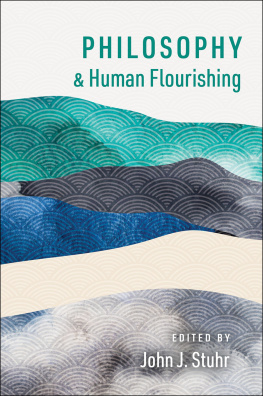
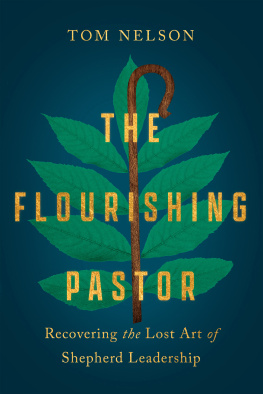

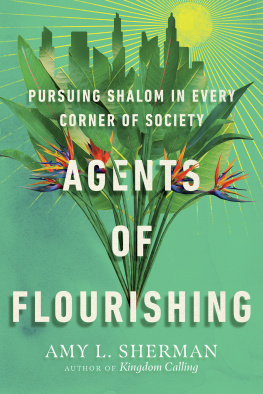

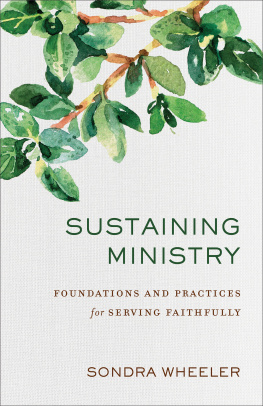




 Most of us enter ministry in response to some sense of calling. We may feel called to serve God through caring for others, to a particular ministry of the local church, or more broadly to a life lived with careful attention to the movement of the Spirit. For some, an experience of call can be similar to their first conscious decision to dedicate their life to Christa distinctive event in which they recall with clarity the exact day, and perhaps even the hour and location. For others, a sense of call emerges gradually over time, an extension of their baptismal covenant that may be perceived first by family members, church members, and mentors who point out gifts and graces suited to ordained ministry. Call stories may lead us into various forms of ministry, ordained or not, sometimes in the church and sometimes beyond it. As diverse as call stories can be, they share a common conviction that the call to ministry is from God.
Most of us enter ministry in response to some sense of calling. We may feel called to serve God through caring for others, to a particular ministry of the local church, or more broadly to a life lived with careful attention to the movement of the Spirit. For some, an experience of call can be similar to their first conscious decision to dedicate their life to Christa distinctive event in which they recall with clarity the exact day, and perhaps even the hour and location. For others, a sense of call emerges gradually over time, an extension of their baptismal covenant that may be perceived first by family members, church members, and mentors who point out gifts and graces suited to ordained ministry. Call stories may lead us into various forms of ministry, ordained or not, sometimes in the church and sometimes beyond it. As diverse as call stories can be, they share a common conviction that the call to ministry is from God.